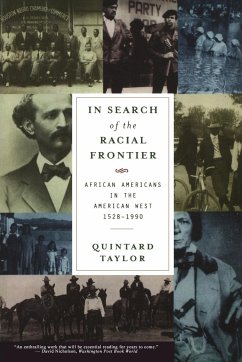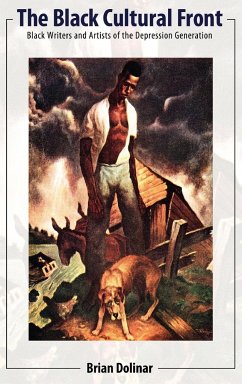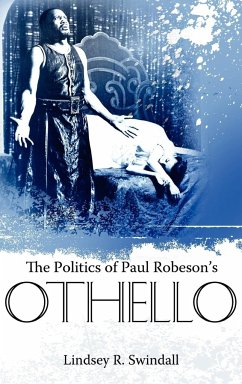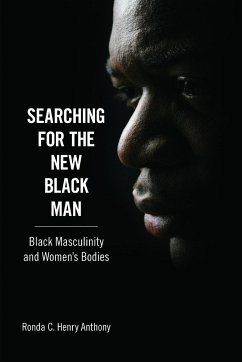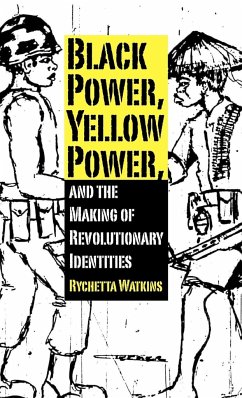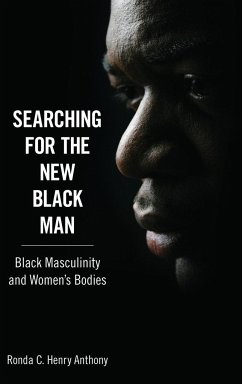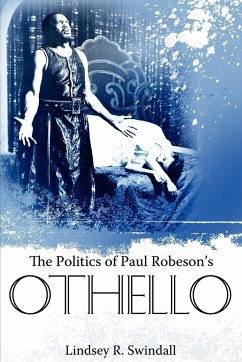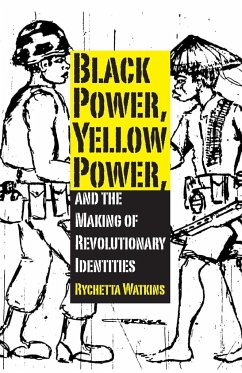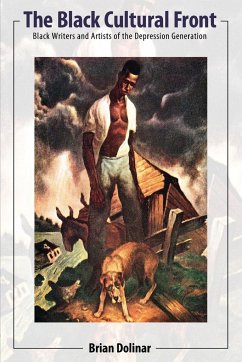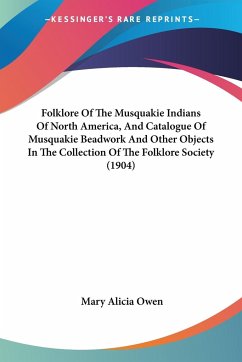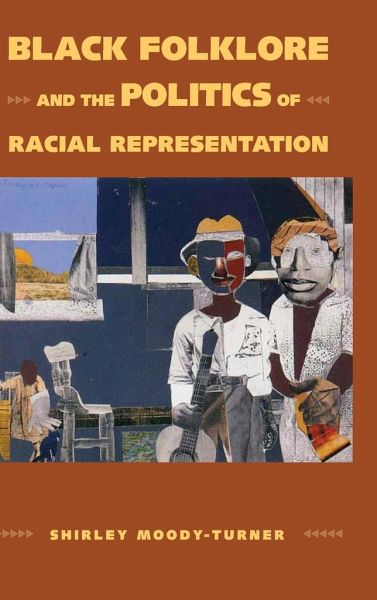
Black Folklore and the Politics of Racial Representation
Versandkostenfrei!
Versandfertig in 1-2 Wochen
111,99 €
inkl. MwSt.

PAYBACK Punkte
56 °P sammeln!
Before the innovative work of Zora Neale Hurston, folklorists from the Hampton Institute collected, studied, and wrote about African American folklore. Like Hurston, these folklorists worked within but also beyond the bounds of white mainstream institutions. They often called into question the meaning of the very folklore projects in which they were engaged. Shirley Moody-Turner analyzes this output, along with the contributions of a disparate group of African American authors and scholars. She explores how black authors and folklorists were active participants--rather than passive observers--...
Before the innovative work of Zora Neale Hurston, folklorists from the Hampton Institute collected, studied, and wrote about African American folklore. Like Hurston, these folklorists worked within but also beyond the bounds of white mainstream institutions. They often called into question the meaning of the very folklore projects in which they were engaged. Shirley Moody-Turner analyzes this output, along with the contributions of a disparate group of African American authors and scholars. She explores how black authors and folklorists were active participants--rather than passive observers--in conversations about the politics of representing black folklore. Examining literary texts, folklore documents, cultural performances, legal discourse, and political rhetoric, Black Folklore and the Politics of Racial Representation demonstrates how folklore studies became a battleground across which issues of racial identity and difference were asserted and debated at the turn of the twentieth century. The study is framed by two questions of historical and continuing import. What role have representations of black folklore played in constructing racial identity? And, how have those ideas impacted the way African Americans think about and creatively engage black traditions? Moody-Turner renders established historical facts in a new light and context, taking figures we thought we knew--such as Charles Chesnutt, Anna Julia Cooper, and Paul Laurence Dunbar--and recasting their place in African American intellectual and cultural history. Shirley Moody-Turner, State College, Pennsylvania, is an assistant professor of English specializing in African American literature, critical race studies, and folklore studies at Penn State. She is coeditor of Contemporary African American Literature: The Living Canon. She has also published essays in New Essays on the African American Novel, A Companion to African American Literature, and African American Review.



